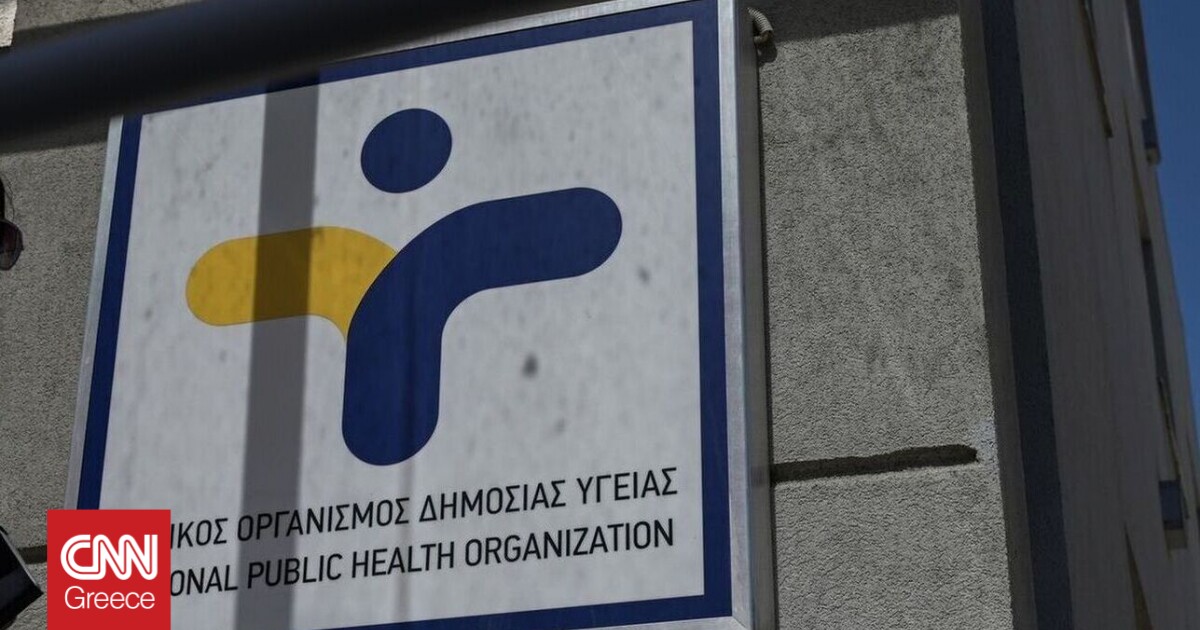Food shortages in Greece The Journal of the Authors
The paradoxes of food insecurity reveal the ELSTAT data on adequate food in households, the publications of the day, as reflected in the Income and Living Conditions Survey for 2020. Inadequate food is related but not identified with hunger, which can coexist with obesity due to unhealthy diet, which is also associated with low biological level.
According to the Food and Agriculture Organization of the United Nations, “quality exists when all people have access to adequate, safe and nutritious food, which covers their dietary preferences, for an active and healthy life”. Combating food shortages is on the UN Sustainable Development Agenda as part of the 2030 hunger goal.
The FIES (Food Insecurity Exeperience Scale) defines the degree of malnutrition based on eight questions, of which only one is directly related to hunger.
Higher percentages
“A household is considered to have moderate to severe malnutrition when at least one member was forced to skip a meal during the 12 months prior to the survey, ate less than was deemed necessary, was left without food,” he said. he was hungry but did not eat, he spent a whole day without food due to lack of money or other resources “.
In Greece, moderate and severe nutritional deficiency in 6.1% of the population and only severe deficiency in 1.6%. Significantly higher are the percentages of households that worry that they would not have enough food (13.2%), ate only certain foods (14.2%) or could not be injured with healthy and nutritious food (12.8%) ). Worrying are the percentages of those who were forced to skip meals or not less than they need (6.2% and 6%). 3% stated that there were days when they were hungry but did not do it, 2.7% were left without food, 2.3% were forced to spend up to a whole day fasting.
Between 2018-2020, 8.6% of Greek households suffered from moderate to severe malnutrition and 1.7% from severe malnutrition. In Europe, the respective percentages are 8.1% and 1.3%. In a worse position than Greece are Spain, Bulgaria, Romania, Ireland and, finally, Albania, in which one in three households (33.8%) suffers from moderate and severe malnutrition.


/cloudfront-eu-central-1.images.arcpublishing.com/madsack/NUWZCWCJRJBIJHU5AUO5EXOHDY.jpg)

/cloudfront-eu-central-1.images.arcpublishing.com/madsack/NHW556UKZ5AVBM47OAWSYLJCPQ.jpg)